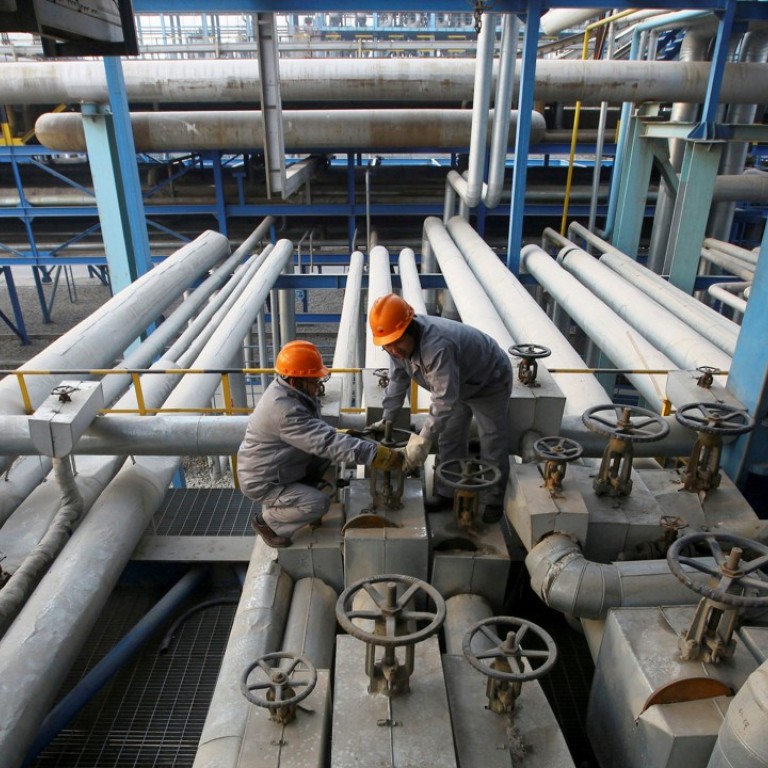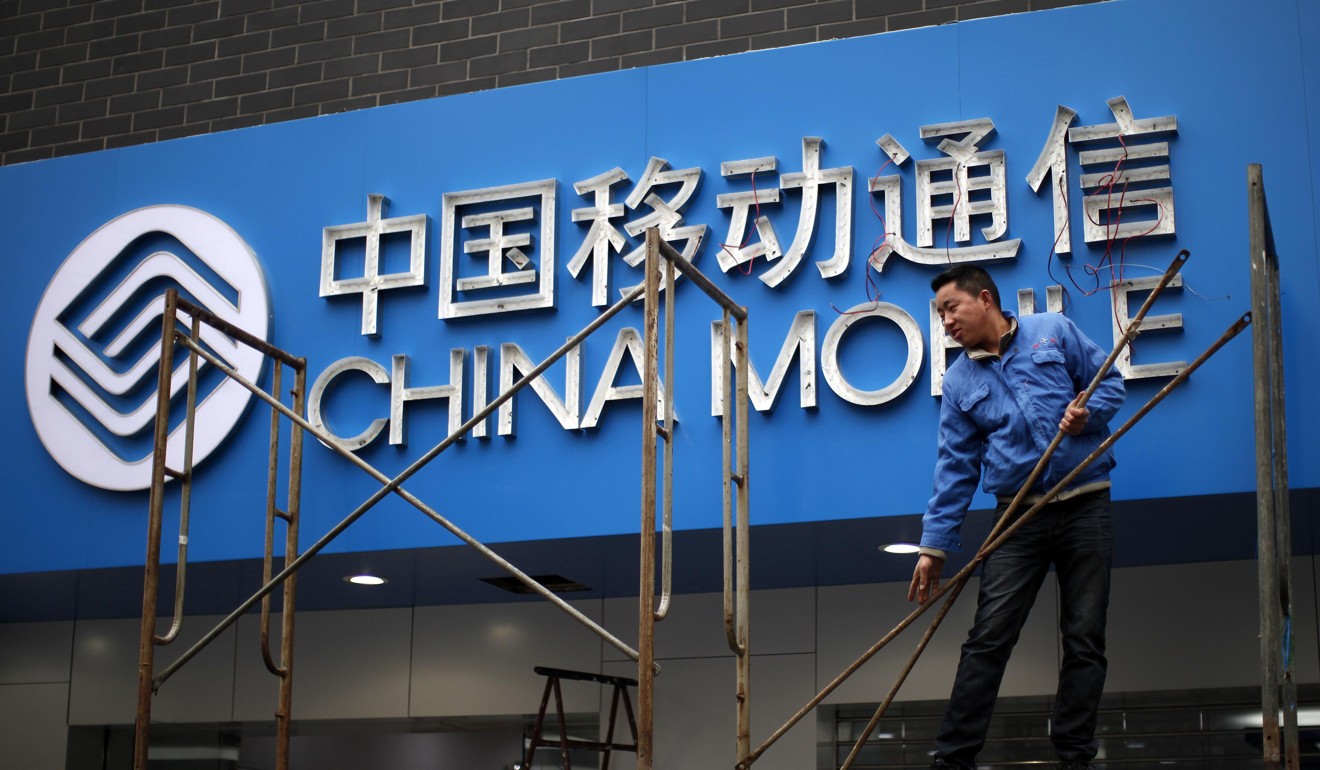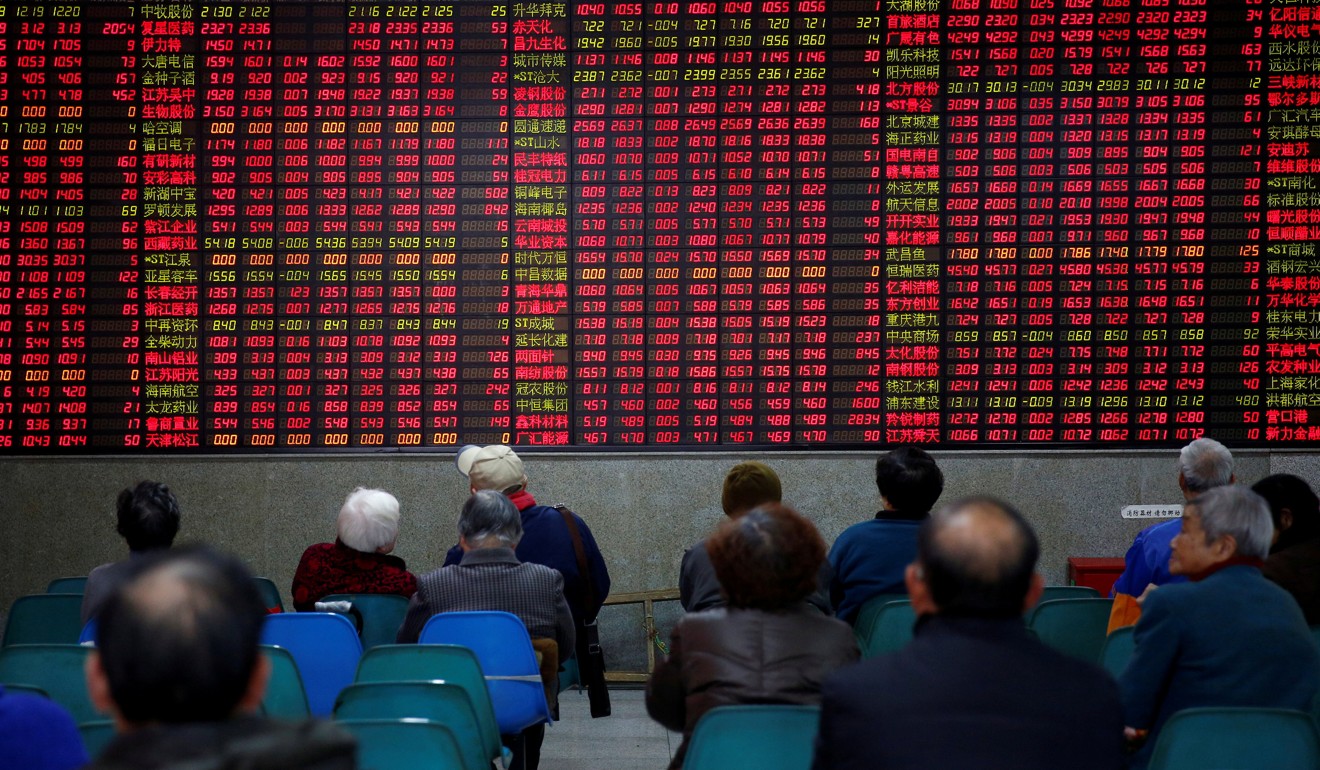
China to more closely oversee state firm finance units, sources say
Move will allow the government closer supervision of state enterprises borrowing and investments, amid concerns over their efficiency and debts
China will create a centralised financing company to oversee billions worth of dollars in funds held by the country’s state-owned enterprises’ finance units, people familiar with the matter said, allowing the government closer supervision of SOEs’ borrowing and investments.
The plan, approved by the State Council or cabinet, will increase the government’s ability to supervise the non-financial central SOE finance companies’ investments, giving the entity a fuller picture of how these companies are using funds, according to the people, who asked not to be named because the plans have not been made public.
Non-financial, central SOEs have their own finance units that currently offer various products and services such as deposits and loans, and the new entity could facilitate those efforts. The plan would assist regulators by directing some 2 trillion yuan (US$303 billion) of funds held by the non-financial SOEs through the new company, meaning they could monitor the flow through only one financing company rather than dozens.
Many details about the new entity were not immediately clear, such as who would control it, how much regulatory and oversight authority it would have, and how it might conduct external financing on behalf of the SOEs.
The aim is to boost efficiency in the US$20 trillion state sector in line with a government campaign to reduce the companies’ debt, according to the sources. While the centralised finance company would have a regulatory oversight role, the SOEs would retain control over the funds, the people said.
China Chengtong Holdings and China Reform Holdings, two companies helping the nation’s plan to overhaul the state sector, have been tasked with setting up the centralised company, two of the sources said. It would coordinate business cooperation between companies, cut costs, reduce debt and promote other financial ties between state firms in and outside China, they said.
The plan applies to companies regulated by the State-owned Assets Supervision and Administration Commission, but not to banks and brokerages that are overseen by other agencies.

The move, which is intended to make it more efficient for SOEs to borrow money and to cut operational costs, coincides with Beijing’s efforts to crack down on debt in the state sector to reduce risks to the broader economy. At a key financial meeting in July, President Xi Jinping said deleveraging at SOEs was of utmost importance.
Some of the SOEs, such as China Mobile and PetroChina, are among the world’s biggest companies. State-owned enterprises command about 40 per cent of China’s industrial assets and create nearly 20 per cent of urban employment.
Nearly all state companies, from China Petrochemical Corp to China Baowu Steel Group, have their own finance companies. State companies have hundreds of subsidiaries across the country and dozens of listed entities in Hong Kong and Singapore with tens of billions of dollars in market value.
The more than 240 finance companies controlled by central and local governments across the country, which serve 60,000 firms in 17 industries spanning oil, power, petrochemicals and the auto sector, cut a combined 70 billion yuan in costs in 2015 alone, helping their conglomerates combat slower growth, according to data from the industry association.

The new centralised financing company initially will function as a facilitator and coordinator for the SOE’s finance companies, the people said. Those entities pool internal financial resources by methods including taking deposits from and making loans to members of their respective conglomerates and conduct external financing such as raising funds from bond markets and borrowings from the interbank market.

